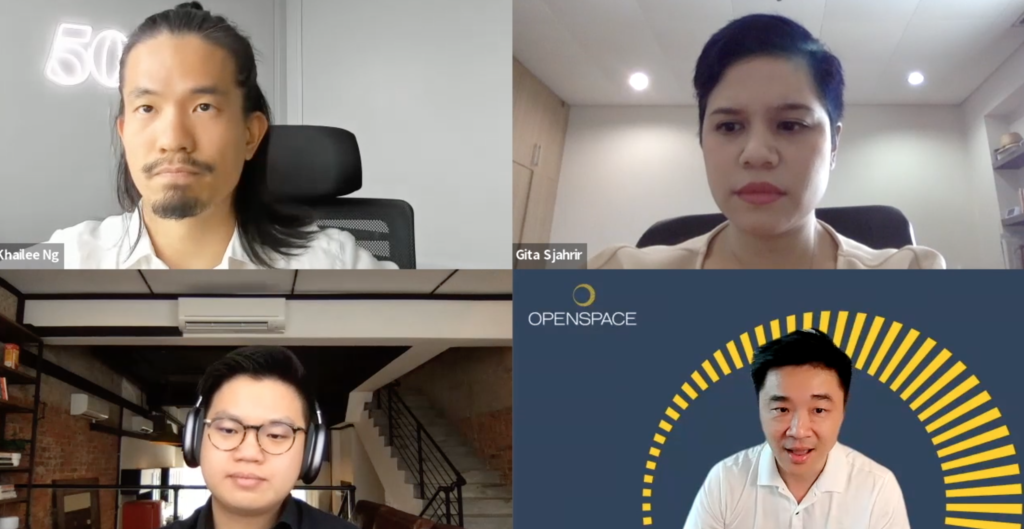It’s no secret that the routine of starting, running, and growing a business can take a toll on your employees. But what if startup founders and investors begin to acknowledge stress and be open about it?
This was the topic of discussion among four founders and venture capitalists (VCs) at the “Mental Health Issues Take Center Stage in Pandemic Aftermath” panel at the Indonesian PE-VC Summit hosted by DealStreetAsia on Wednesday.
Theodoric Chew, co-founder and CEO of Intellect, which works with businesses and individuals to offer digital mental health support, said many people in Asia struggle to access help for three reasons:
- fear of judgment
- expensive therapy and
- See mental health as a clinical problem rather than a daily one.
However, within the world of startups, there are many more factors that prevent founders from seeking help. Gita Sjahrir, a serial entrepreneur and co-founder and CEO of Indonesian fitness chain RFitness, said the industry tends to glorify quick success above anything else. “It rewards the demolition of anything and everything just to achieve that growth,” she said. “There’s a saying in startup culture that you only sleep when you’re dead.”
Khailee Ng, global managing partner at early-stage venture capital firm 500 Global, added that the “me-driven” nature of the tech world tends to drive founders inward. “(In) entrepreneurship… it’s about me and my success, then you realize I’m so special, I can’t even talk to my own wife about my problems because she’s not going to understand,” Ng said.
He also mentioned how he had the misfortune to see two founders of his portfolio companies die by suicide, and another who suffered a stroke at the age of 30 when he was negotiating the exit of his company.
Sjahrir said the industry has to restore the idea of community at a time when everyone thinks they can “help themselves and do everything by themselves.”
At the same time, founders shouldn’t be bitter about their circumstances when they’re feeling terrible, Ng said, highlighting how he’s seen some unicorn founders thrive despite the pressure. “Don’t blame startups and your startup career for any of your miseries. Take back that control.”
In the meantime, what can individuals do? In addition to getting professional help early and regularly, and seeing it as normal, they should take simple physical steps, such as going for a walk or simply drinking more water. And be kinder to themselves.
For example, calling mental health “brain health,” the panelists agreed, will help see it as something they can easily address rather than a medical issue or disability.
Additionally, founders must separate their self-esteem from the value of their company, Sjahrir added. “Please understand that the value of your company is not equal to who you are as a human being… The ecosystem (is) physically made up of people. Therefore, the game is not something independent.
Venture capitalists also have a role to play. Instead of applying more pressure and acting like their boss, investors should be like a partner, the panelists said.
Hian Goh, the founder and general partner of OpenSpace, who moderated the session and runs the Unreasonable Podcast, cited how recent market volatility has created a lot of stress for many of his portfolio founders who are currently fundraising.
Goh met with a founder who said he was taking sedatives to sleep.
“I feel like sometimes it’s our responsibility to communicate,” she said. “I just talked to him about this idea that whatever happens with the company, don’t think it’s all his fault.”
